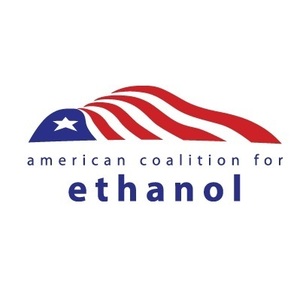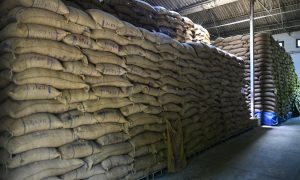ACE: Latin American Delegation Tours South Dakota Ethanol Supply Chain

The American Coalition for Ethanol and the South Dakota Corn Utilization Council are hosting a tour in conjunction with the U.S. Grains Council in South Dakota this week to show stakeholders from Costa Rica, Guatemala and Panama the opportunities for sourcing, marketing and retailing ethanol-blended gasoline as these three countries and others in Central America consider starting ethanol-gasoline blending programs in 2024-2025.
The delegation is comprised of public officials, including representatives from the Ministries of Mines and Energy, Environment and Agriculture, and representatives from the private sector and the agricultural industry. The trade mission group will visit a farm, two ethanol plants, fuel stations, a rail receiving and blending facility, and a pipeline terminal. The purpose of the tour is to show the group of delegates the entire process of turning corn into ethanol, as well as getting that ethanol to the consumer.
“ACE, U.S. Grains Council, and the Iowa Renewable Fuels Association co-hosted a successful tour across Iowa with a Mexican delegation in 2019. The model we used there helps marketers and nations considering ethanol see how the ethanol supply chain has developed, and more importantly, gives delegates opportunities to talk to people working with ethanol every day, who often dispel a lot of the myths that exist all over the world, not just in the U.S.,” said Ron Lamberty, ACE chief marketing officer. “By coming to South Dakota and seeing the process from the corn field to the fuel pump, diverse groups of stakeholders can visualize what is possible and hopefully shorten the time it will take to implement ethanol blending programs in their countries.”
“It’s great to see this delegation visiting South Dakota to learn more about ethanol production and possibly blending ethanol into their own fuel supply,” said Chad Blindauer, president, South Dakota Corn Utilization Council. “With so much of our corn going into ethanol production, we are more than happy to show potential customers how clean burning ethanol will help with their environmental and fuel supply issues.”
According to Federico Salcedo, U.S. Grains Council Regional Ethanol Consultant for Latin America who is helping lead the group, these technical visits to the ethanol-producing states in the U.S., such as South Dakota, are an opportunity for representatives of public and private sectors from foreign countries to learn about the ethanol value chain in the U.S.
“Being able to learn first-hand about ethanol production, processing, and marketing stages helps these delegations and countries identify the economic, social and environmental opportunities of ethanol blends,” Salcedo said. “The U.S. Grains Council is committed to showcasing the United States’ experience with other countries, such as Guatemala, Costa Rica and Panama, that are considering starting in the near future ethanol-gasoline blending programs.”















